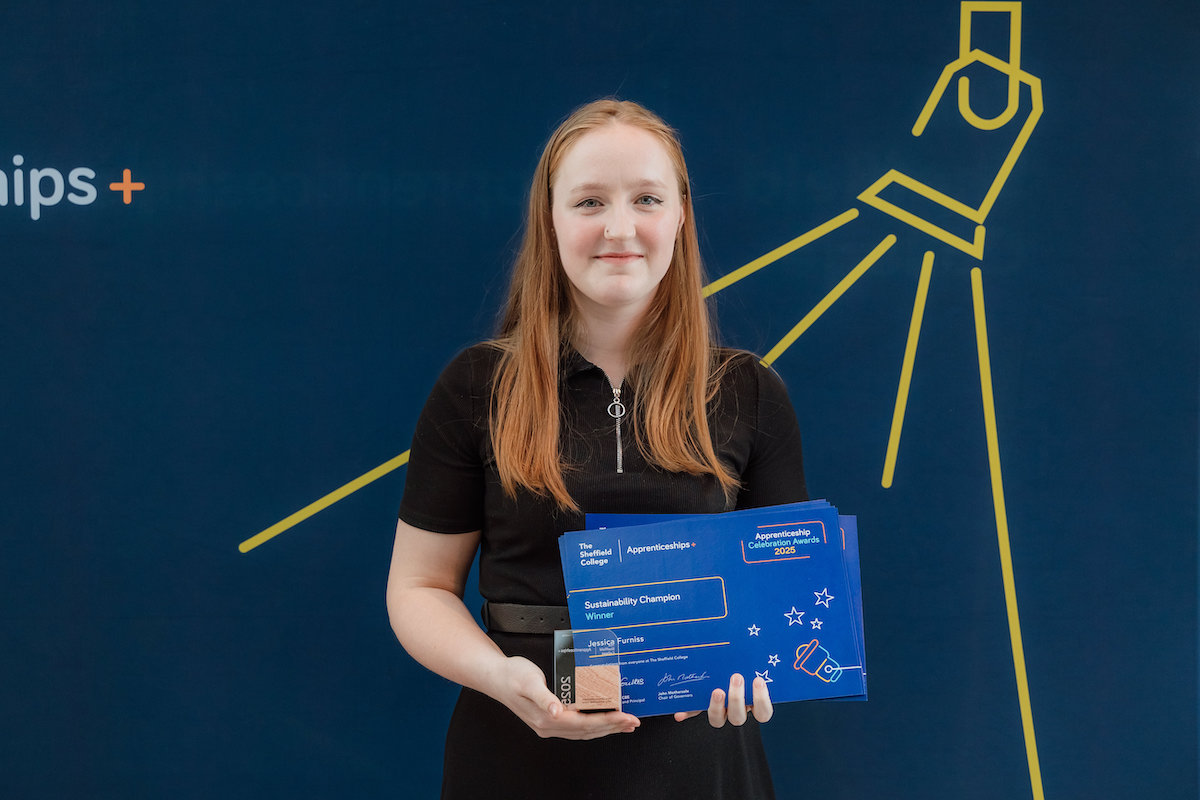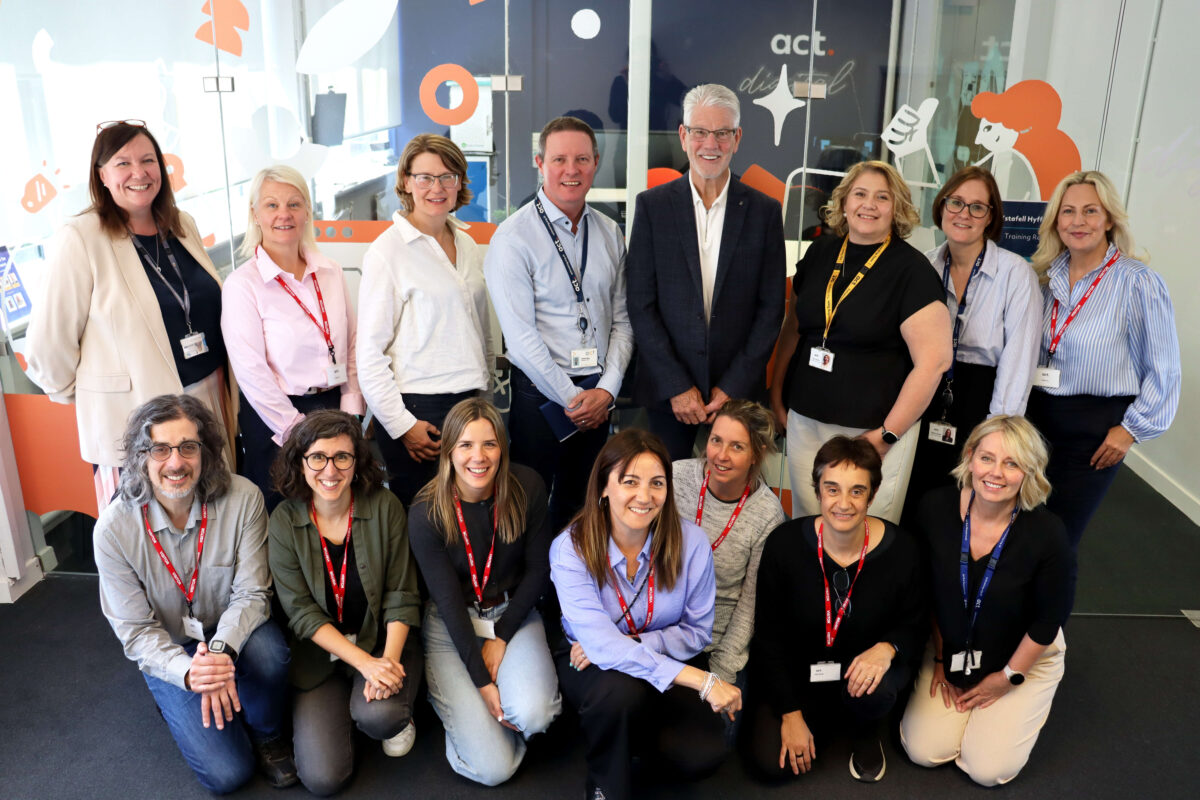The Strategic College Improvement Fund

The Strategic College Improvement Fund (SCIF) will provide grants to colleges that need to improve the quality of their provision of education and training.
The SCIF is part of a broader strategy to ensure that England’s further education colleges help learners develop the high quality knowledge and skills that drive individual success, social mobility, and economic prosperity. The SCIF is complemented by the new National Leaders of Further Education programme, which will draw on the expertise and know-how of England’s best further education professionals to help colleges better meet learners’ needs.
The SCIF will deliver better outcomes for learners, employers, and local communities. It will give colleges access to resources that they need to improve, while at the same time mobilising and strengthening improvement capacity in the further education sector.
Further information about the SCIF pilot, eligibility conditions for the grant, the SCIF application process, the kinds of quality improvement activities that can be supported, and monitoring, evaluation, audit and payment arrangements are provided below.
About the SCIF pilot
This guidance provides information about how the SCIF will operate in its pilot stage (November 2017 to July 2018). The pilot will support quality improvement at a small number of colleges that are able to quickly develop and implement a programme of work. We expect that between 10 and 15 colleges will be awarded grants during the pilot. Lessons from the pilot phase will inform the main roll-out phase of the SCIF, details of which will be available in the first half of 2018.
Eligibility
Only further education colleges and sixth-form colleges are eligible for the SCIF. The following institutions are not eligible:
- local authorities
- schools
- academies (including those 16 to 19 academies that were formerly sixth-form colleges)
- independent learning providers
- specialist designated institutions
- special post-16 institutions
- non-maintained special schools approved by the Secretary of State under section 342 of the Education Act 1996
The grant will only be available to colleges:
- that were graded ‘requires improvement’ or ‘inadequate’ for overall effectiveness at their most recent Ofsted inspection, or
- whose apprenticeship provision was graded ‘requires improvement’ or ‘inadequate’ at their most recent Ofsted inspection
There may be cases where an applicant college was formed by 2 or more colleges that recently merged, and where that college is treated by Ofsted as a new provider that does not yet have an Ofsted inspection grade. In these cases, the college will be eligible for a SCIF grant provided that at least one of the colleges that merged to form it would, based on its last inspection, be eligible for a SCIF grant under the conditions outlined above.
Eligible colleges may choose to submit a joint application if they are working together with the same partner college.
FE colleges are defined at section 91(6) of the Further and Higher Education Act (FHEA) 1992. Sixth-form colleges are defined at section 91(3A) of FHEA 1992.
For the purposes of Part 3 of the Children and Families Act 2014, which provides the legal framework for the provision of education to students with SEND, special post-16 institutions are defined in section 83 of that Act as ‘a post-16 institution that is specially organised to make special educational provision for students with special educational needs’.
We use the term “special post-16 institution” to refer to institutions (other than 16 to 19 academies or institutions within the FE sector) that are legally established to provide specialist post-16 education and support to young people with some of the most severe learning difficulties and/or disabilities or low incidence needs. In many cases they offer specialist residential provision.
Working with a partner college
Colleges intending to apply to the fund will work with a partner college, both to prepare their application and to undertake the programme of work that the application proposes. This peer-to-peer support will enable the applicant college to refine its understanding of the quality challenges it faces, develop a rigorous and costed programme of work, and use the experience and know-how of the partner college to put that improvement programme in place.
The partner college must be a further education or sixth-form college with a current “outstanding” or “good” Ofsted overall effectiveness rating. There may be cases where a potential partner college was formed by 2 or more colleges that recently merged, and where that college is treated by Ofsted as a new provider that does not yet have an Ofsted inspection grade. In these cases, the college will be an eligible partner provided that at least one of the colleges that merged to form it would, based on its last inspection, be an eligible SCIF partner.
The improvement programme must refer to the findings from Ofsted’s most recent inspection of the applicant college, and to the findings and recommendations of any recent visit or assessment undertaken by the Further Education Commissioner – including (in cases where this applies) the findings of an Further Education Commissioner diagnostic assessment undertaken in autumn 2017. Diagnostic assessments are currently being piloted in a small number of colleges as part of the expanded role for the Further Education Commissioner in supporting improvement. They are intended to help identify colleges that need support, and to reduce over time the number of colleges requiring formal intervention.
Beyond its help with the development of a programme of work, the partner college will also provide the applicant college with a tailored package of support. The applicant college will need to demonstrate in its application that the partner college has the expertise and experience needed to take on this support role. With the partner college’s oversight, support may also be sourced from third parties, for example another college, a school, or another not-for-profit or private provider. These providers must be named on the application, which must also provide evidence of their capacity and capability to deliver the desired support.
The applicant college will use all or part of its SCIF grant, as well as its own financial contribution, to reimburse the costs incurred by the partner college (and any other partners) for their support and services.
Funding available per application, and required contributions from colleges
We expect that SCIF-funded quality improvement programmes will typically require a grant ranging between £50,000 and £250,000. Assessment criteria will help ensure that only applications that provide good value for money are funded. In cases where 2 or more eligible colleges join together to submit a single application, we expect that the value of the requested grant may be higher than it otherwise would be if only a single college were applying (potentially above £250,000).
Applicant colleges will be expected to contribute funding to their proposed improvement programme in an amount no less than one quarter of the total cost of the programme (that is to say a £1 college contribution for every £3 of government funding).
This funding:
- must represent true incremental spending that is an addition to existing levels of spending on any activity identified
- cannot be an ‘in-kind’ contribution of institutional resources that are primarily committed to other activities
In circumstances of exceptional financial hardship, the required contribution may be reduced or waived. Applicants should use Section 6 of the application form (“Eligible Costs”) to make any request for a reduction or waiver of the requirement, setting out a clear justification as to why this is necessary in order for the improvement activity to take place. Reductions or waivers will be granted at the discretion of the Department of Education (DfE) on a case-by-case basis, and only where value for money can still be obtained. Decisions will draw on financial information already available to the Education and Skills Funding Agency (ESFA), including the most recent assessment of the college’s financial health.
Funding conditions
In the pilot phase, applications are not restricted to a predetermined list of activities. Applications may, in principle, include proposals for a wide variety of activities and projects that can help improve the quality of provision at the applicant colleges, and that address key improvement needs. Some examples of activities include:
- diagnosis of a college’s quality challenges, and development of a programme of work to address these
- mentoring for the applicant college’s senior staff
- the partner college’s sharing of its knowledge and expertise in relevant improvement areas (for example strategic planning, curriculum development, student attendance, assessment, student support, and the use of data)
- professional development activities for teachers, managers, the senior leadership team, and governors
- time release for teachers and staff at the applicant college to allow them to participate in the programme of work (in such cases, funding may cover temporary replacement of that staff member)
- temporary hiring of additional college staff members whose time will be fully dedicated to the improvement programme
- evaluation of the college’s SCIF-funded programme of work
However, a number of activities cannot be funded from a SCIF grant:
- capital expenditures: spending on the purchase of assets (for example buildings, furniture, fittings, information technology, software) valued at over £2,500, which are expected to be used for a period of at least 12 months. However, items valued below £2,500 are not counted as capital assets, even where they have a productive life of more than one year
- restructuring recommended by an area review process
- staff restructuring
- independent business reviews
- marketing or public relations activities
- activities that are predominantly focussed on a college’s higher education provision
Furthermore, a SCIF grant cannot be used to fund activities and services which the applicant college would otherwise be able to access free of charge. In cases where the applicant college can access activities or services at a subsidised rate, the SCIF grant cannot be used to pay for the same activities at a higher “market” rate.
The college’s required contribution to the costs of a programme of work, unlike grant funding itself, may however be used for capital expenditures and staff restructuring – provided that the applicant demonstrates the relevance of these expenditures to its proposed programme of quality improvement.
Deputies and Advisers who work as contractors for the Further Education Commissioner are not eligible to receive funds that come from a SCIF grant.
Application and assessment process
Colleges should complete the Application form and send it to enquiries.efa@education.gov.uk with the title ‘SCIF Grant’.
ESFA expect to approve between 10 and 15 grants during the pilot.
ESFA will undertake a first round of assessment, which will give equal consideration to all applications that have been received by Monday 20 November 2017 (23:59 GMT).
ESFA intend to award a limited number of grants during this first round of assessment. That number will depend upon the volume of applications received. They expect to notify colleges who are successful in this first round before Christmas.
Colleges may continue to submit applications after 20 November, and up until Friday 5 January 2018 (23:59 GMT).
These applications will be considered in a second round of assessment, alongside any applications submitted by 20 November that met minimum assessment criteria but were not approved for a grant.
If the pilot is oversubscribed in either round of assessment (for example if there are more applicants that meet minimum assessment criteria than there are grants available), the assessment panel will make a decision based on scores that refer to the assessment criteria. The highest scoring applications will be offered a grant.
Colleges whose applications were unsuccessful in the SCIF pilot may apply again for a grant once the main phase of the fund is announced. Colleges that did not submit an application to the pilot, but that are otherwise eligible, may also submit an application to the main phase once it is announced.
Application processing and assessment criteria
Applications will be assessed by officials from the DfE and the ESFA. Some applications may also be reviewed by an advisory panel comprised of external experts from the sector. That panel will provide advice on specific questions posed by the assessment panel.
During the assessment process, applicant colleges and their partner colleges may be contacted by the DfE or ESFA for further information related to their application. This may entail a short visit by the one of the Deputies or Advisers from the Further Education Commissioner’s team to seek additional information that might support the assessment of the application.
Successful applications will demonstrate the following:
- a solid identification and understanding of the college’s improvement needs
- the fitness-for-purpose of the improvement programme, and its potential to actually lead to the desired improvements
- the scale and scope of expected benefits, and how value for money will be ensured
- the applicant college’s capacity to undertake the improvement programme (for example adequate financial resources, leadership commitment) and its capacity to sustain improvement when the SCIF’s one-time funding is no longer available
- the capacity and fitness of the lead partner college, and any other quality partner(s) identified, to support the improvement programme
- a sound approach to monitoring progress, and to evaluating the results of the programme of work
Successful applicants
Successful applicants will be expected to begin their programme of work as soon as possible after receiving notification of the award of the grant. In most cases, applicants will receive notice of whether their application is successful within 30 days of the relevant application deadline.
For the pilot, we are looking for improvement activity to start early in 2018. For proposals where activity starts in January, a significant part of the funded programme of work (preferably at least half, as measured by cost) should be completed by 31 March 2018. In exceptional circumstances, where an applicant college can demonstrate that this timeframe would seriously affect value for money, or where for other reasons it is not possible to begin improvement activity by early February, we may approve applications that have a smaller proportion of work taking place by 31 March.
All grant-funded activity must be complete by 31 July 2018. However, any activity that a college funds from its own resources may take place up until 31 December 2018.
Other conditions of the grant
One grant per college
No applicant college may receive more than one pilot SCIF grant. For these purposes, college groups count as a single applicant: we will not accept applications from individual constituent colleges that operate within a wider college group structure. Furthermore, constituent colleges will not be able to act as the partner college for other colleges within their own group.
Total eligible costs may include irrecoverable VAT. However, no SCIF grant in excess of the agreed payment amount will be provided in relation to any VAT in addition to the amount of grant agreed.
Monitoring and reporting
Grant recipients will provide the ESFA with a short monthly project monitoring return. This will include:
- a summary of progress on the agreed programme of work, including a report on any agreed performance indicators
- identification of risks that could have an impact on the programme of work
- an updated monthly spend profile which accounts for expenditures made using grant funding and the college’s financial contributions
- the project’s forecast spend position at 31 March 2018 and at 31 July 2018
These returns will begin 30 days after the college has started its programme of work.
Colleges will also submit an interim summary report on their use of the grant funds for the period up to 31 March 2018, by 30 April 2018; and a full report on their use of all public funding for the period up to 31 July 2018, by 31 August 2018. These reports will:
- summarise project expenditures
- summarise how the programme of work has used public and its own financial contribution to improve educational quality, making reference to agreed indicators
- outline how the outcomes of the programme of work will continue to be monitored
- indicate (if warranted) how the college’s own financial contribution will continue to be spent (up until 31 December 2018 at the latest)
- include a financial assurance statement, signed by the Accounting Officer
Evaluation
Over the course of its grant-funded activity, the college will work with its partner college (and with the support of an expert evaluator commissioned by the DfE) to undertake a rigorous self-evaluation of its programme of work.
Applications must include details on how a college intends to evaluate the impact of the work programme and how this will be measured. The data generated from these evaluations will be shared with the DfE and may be published in such a way that does not identify individuals or the colleges concerned, unless explicit permission is gathered in advance.
Grant recipients will be expected to work alongside the DfE’s commissioned evaluator to refine and agree key performance indicators/measures of success and finalise self-evaluation plans. It is for colleges themselves to produce the self-evaluations. The DfE’s evaluators will also conduct research with those involved in the project, to increase our understanding of how well the SCIF is being used and identify any lessons learned.
The finalised evaluation will be submitted by a date negotiated with the DfE.
Payment and repayment of funding
The ESFA will provide funding as a stand-alone payment to colleges. Payments will be made in 2 lump sums: one in March 2018 and one in July 2018.
All SCIF payments will be made by the ESFA to the applicant college (or colleges) under a funding agreement schedule issued for this purpose.
The grant will become repayable (through a future reduction in ESFA funding) if:
- the recipient fails to spend the proportion of grant funding agreed with the ESFA by 31 March 2018
- the grant funding is not spent by 31 July 2018
- the grant funding is not spent on eligible activities outlined in the application (or variants thereof agreed with the ESFA)
- the college does not provide its required contribution
- reports on expenditures and outcomes are not submitted
The activities must take place in the agreed financial years – that is, between 1 April 2017 and 31 March 2018, or 1 April 2018 and 31 March 2019.
Audit and financial assurance
Accounting Officers at the applicant colleges will be required to sign an assurance statement on the interim and final summary reports to confirm that SCIF monies have been used for the purposes intended, and that expenditure complies with the terms and conditions of the grant.
Colleges will need to retain evidence of expenditure as this may be requested by the ESFA.
Further information
If you have any enquiries about the SCIF pilot or the content of this guidance please contact enquiries.efa@education.gov.uk. Your email should be titled ‘SCIF grant’ to ensure that it is directed to the right team at ESFA.












Responses